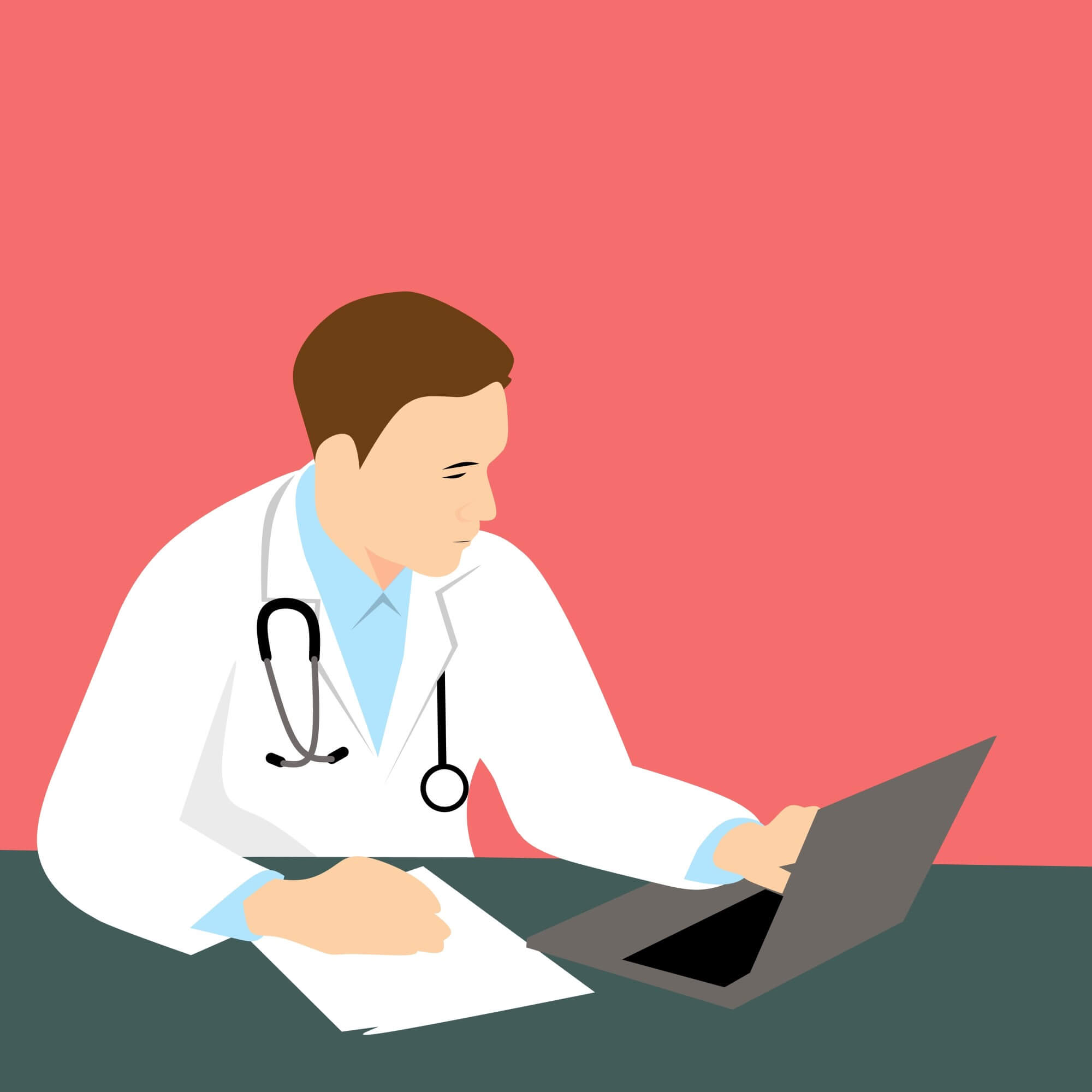Sep 16
2019
7 Healthcare Technology Trends Every Practice Owner Needs to Keep an Eye On
 Over the last few years, hospitals and healthcare practices throughout the country have started adopting new technology that helps them provide better care to their patients and make life easier for their employees.
Over the last few years, hospitals and healthcare practices throughout the country have started adopting new technology that helps them provide better care to their patients and make life easier for their employees.
For example, 64 percent of physicians now send electronic messages to their patients via text or email. Meanwhile, 63 percent allow their patients to view their medical records online.
Are you looking for new ways to bring your practice into the 21st Century? Listed below are seven of the top healthcare technology trends you ought to know about and consider implementing in your practice.
- Electronic Medical Records
Electronic medical records (or EMR for short) are one of the most popular tech trends in the healthcare world.
Lots of practices have started using EMR to simplify the process of searching for patient records. EMR has also made it easier for patients to access their medical records online.
Even though plenty of practices are making use of EMR, there are still a lot of them that haven’t made the switch yet. The sooner you start making your files available in a digital format, the sooner you’ll start reaping all the benefits of EMR.
For example, EMR provides immediate access to patient records. It also helps physicians make better decisions about their patient’s care.
They can spot patterns more easily when everything is in front of them. This, in turn, allows them to choose the best treatment approach and avoid missing something important.
- Blockchain Technology
Blockchain has started to make its way into the healthcare world, and it’s not showing any signs of leaving.
Blockchain technology allows healthcare practices (and other businesses, for that matter) to store digital information without taking up a ton of space. It also allows them to store their information in a more secure way since it cannot be copied.
In the digital age, patient security and privacy protection are of the utmost importance to many healthcare professionals.
Blockchain systems allow practice owners and managers to ensure they’re keeping patient records and information safe. It also helps them to avoid expensive and harmful (on many levels) data breaches.
- Telemedicine
In 2019, many people are looking for new ways to get things done without leaving their homes. They have groceries delivered to their door, for example, and they communicate with friends and family via video chat.
Lots of healthcare practices are jumping in on this trend and are making it easier for patients to have their medical needs met from the comfort of their own homes as well.
Telemedicine allows patients to talk to doctors, receive medical advice, and even have prescriptions filled, without having to make a special trip to the doctor’s office.
Physicians are also using these same technologies to communicate with each other in more effective ways and come up with better, more comprehensive solutions for their patients.
- Artificial Intelligence
Artificial intelligence is for way more than gaming. It’s also one of the biggest healthcare trends of 2019.
Physicians and researchers have started or have plans to start using artificial intelligence in a variety of ways.
As artificial intelligence technology becomes more refined, it will be easier for healthcare professionals to monitor their patients and provide better diagnosis and treatment.
It will also likely enhance the telemedicine world as well, as it will make it easier for physicians to see their patients without having to be in the same physical location as them.
- Wearables
Wearable health monitoring devices are not new. However, they’ve become more popular than ever, and they’re also becoming more advanced.
As these devices become more accurate and able to provide more details about the wearer’s health, it’s likely that many physicians will start relying on them to gather information about their patient’s health and daily habits.
Physicians will be able to use these devices to hold their patients accountable and create protocols that are specially designed to help these patients thrive.
- Chatbots
Most healthcare practice owners and managers spend a lot of time thinking about ways to improve the patient experience.
A great way to do this is by enhancing their customer service offerings to include things like chatbots. Chatbots allow customers to ask questions and receive instant responses, even when they’re contacting the practice after hours.
Over time, it’s expected that healthcare practices will even be able to use chatbots to provide advice and even mild diagnoses.
- Managed IT Services
Having an in-house IT team can be expensive for a lot of healthcare practices. This is where remote, managed healthcare IT services come in handy. With managed IT services, you get to save money by paying a flat fee for all your healthcare IT needs.
It’s important to make sure you’re working with an IT service that specializes in healthcare IT, too.
Managed healthcare IT services operate according to HIPAA guidelines, and all of their employees go through thorough HIPAA training. This will help you ensure that all your patients’ information is secure and kept confidential.
Try These Healthcare Technology Trends Today
There are lots of great healthcare technology trends that medical practices are trying out this year.
Do you want to stay ahead of the curve? Do you want to make sure you’re offering your patients and the members of your staff the very best? If so, you definitely should try out one (or more) of these trends in your office.
If you’re interested in learning more about the latest technology advances, check back here soon.
We’re always updating our site with news and resources that will help you keep your practice as modern and efficient as possible.